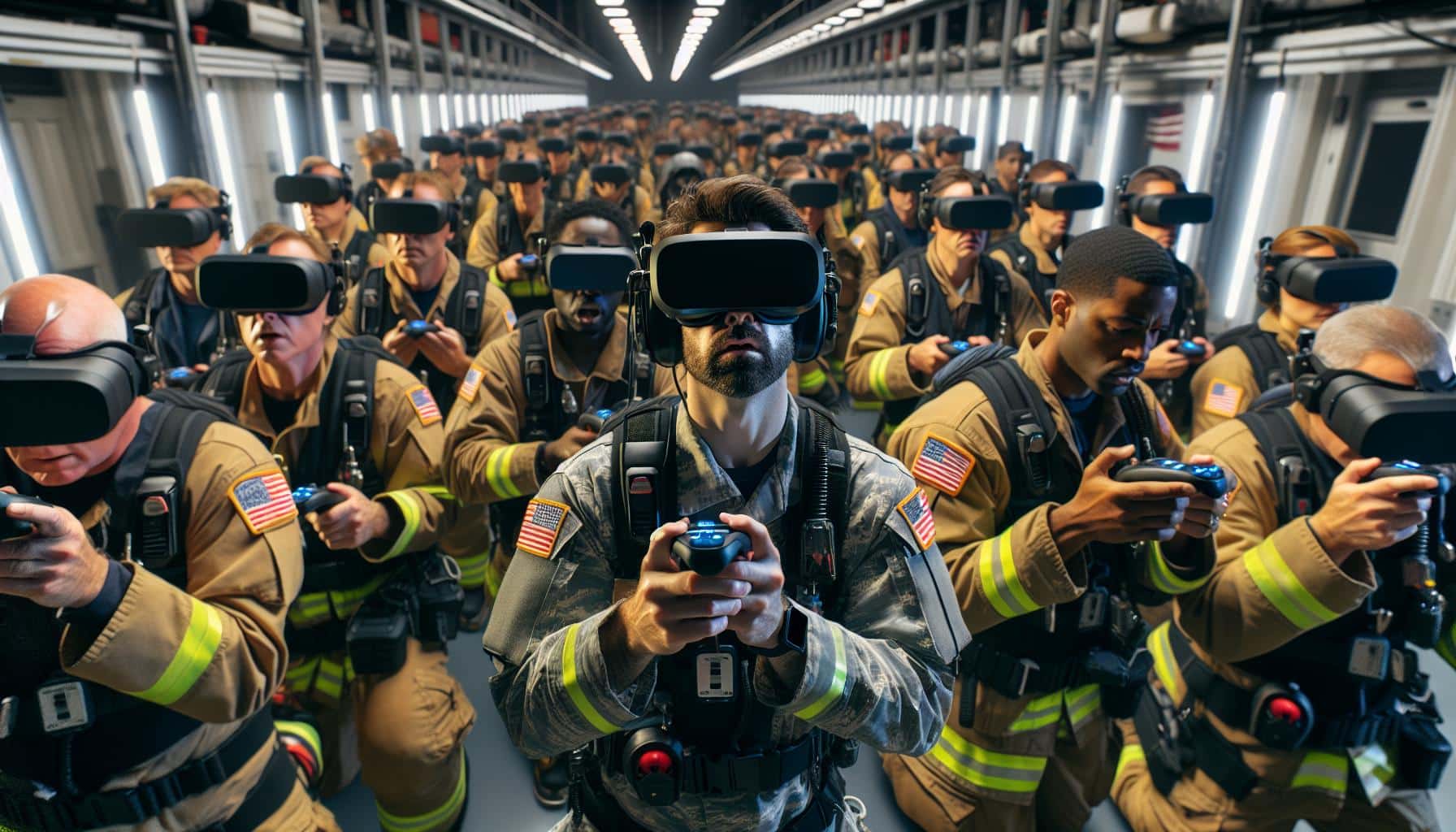Gaming and Hearing Loss: The Alarming Findings of a Major Review
Parents should force children to turn down the volume of computer games or risk irreversible hearing loss in the future, new research suggests. A major review by the World Health Organization (WHO) involving more than 50,000 people found that sound levels are often near, or exceed, safe limits. This is particularly concerning considering that gamers often play at high-intensity sound levels and for several hours at a time, while impulse noises such as shooting sounds can reach very high levels.
High-Intensity Sound Levels in Gaming Put Children at Risk
The popularity of gaming, especially among children and teenagers, has raised concerns about the potential risks to their hearing health. The WHO suggests that the “permissible” time a person can be exposed to sound at different decibel levels is limited to protect their hearing. For example, the recommended time for exposure to an 83dB sound is 20 hours per week, which decreases to just 2.5 hours at 92dB and 38 minutes for 98dB.
However, the major review conducted by the WHO revealed that sound levels during gaming sessions often exceed these safe limits. This is particularly worrying as children have even lower thresholds for safe sound exposure. On average, levels in gaming sessions are often near or higher than the recommended limits, putting children at a higher risk of hearing loss and other auditory problems.
Impulse Noises in Gaming: A Serious Threat to Hearing Health
Impulse noises, such as shooting sounds, in gaming can be especially damaging to hearing health. These high-intensity sounds are often 15dB higher than the background noise and can reach levels as high as 119dB during gameplay. It is important to note that 100dB is deemed safe for children, highlighting the potential danger of gaming-related noise exposure.
The University of South Carolina and the WHO concluded that gamers who frequently listen at high sound levels are at risk of hearing loss and/or tinnitus. The study’s findings suggest the need for interventions to promote safe listening among gamers, starting with education and awareness of the potential risks associated with gaming. Further research is needed to better understand the relationship between gaming and hearing health.
WHO Study Urges Parents to Protect Children’s Hearing During Gaming
Based on the alarming findings of the WHO study, parents are urged to take proactive measures to protect their children’s hearing during gaming sessions. Monitoring the volume and duration of gaming sessions is essential. If children use gaming headsets or headphones, it is crucial to ensure that they do not exceed the safe volume limits on their devices.
Parents and caregivers should also encourage regular breaks during gaming sessions and adjust the volume if it is too loud. Younger individuals may not fully realize the potential harm caused by loud volume levels, making it even more important for parents to actively supervise and educate their children about responsible sound exposure.
Gaming and Hearing Loss: The Need for Education and Awareness
The findings of the WHO study emphasize the need for education and awareness regarding the potential risks of gaming on hearing health. Gaming has become a common source of unsafe listening, putting numerous individuals worldwide at risk of permanent hearing loss and/or tinnitus.
To address this issue, more research and initiatives focused on promoting safe listening among gamers are required. Raising awareness about the importance of limiting sound volume and duration during gaming sessions can help minimize the risk of irreversible hearing damage. By prioritizing interventions and implementing educational programs, it is possible to protect the hearing health of individuals, especially children, who engage in gaming activities.
Analyst comment
Positive news: The WHO study highlights the need for education and awareness regarding the potential risks of gaming on hearing health. Initiatives focused on promoting safe listening among gamers are required to protect the hearing health of individuals, especially children.
Market impact: There might be an increased demand for safe gaming practices, including the use of headphones and headsets with volume limits. Companies may need to develop educational programs and tools to raise awareness about responsible sound exposure in gaming.













